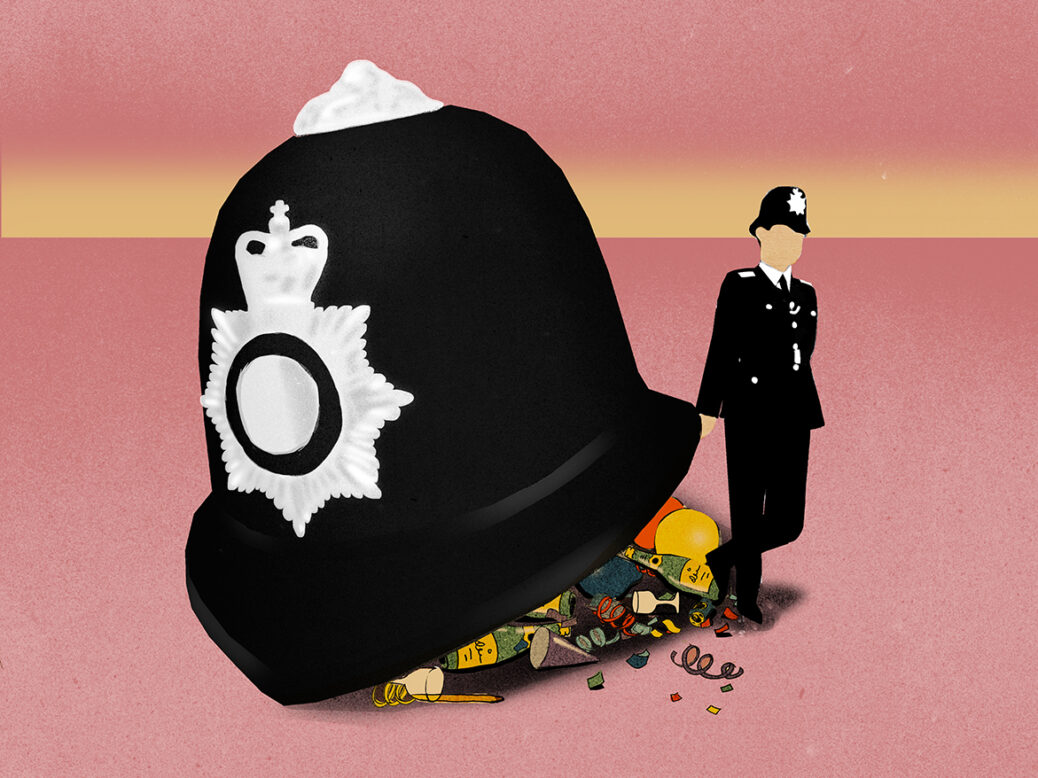
Boris Johnson is going to survive partygate and quite probably lead the Conservatives into the next general election – that is the apparent outcome of today’s long-awaited report by Sue Gray.
The civil servant’s report on Downing Street lockdown parties was sent to No 10 this morning (25 May) at around 10am, publicly released 90 minutes later, debated in the Commons an hour after that, and then scrutinised in a press conference held by Johnson, in which he fended off a dozen questions, at 3:30pm this afternoon.



